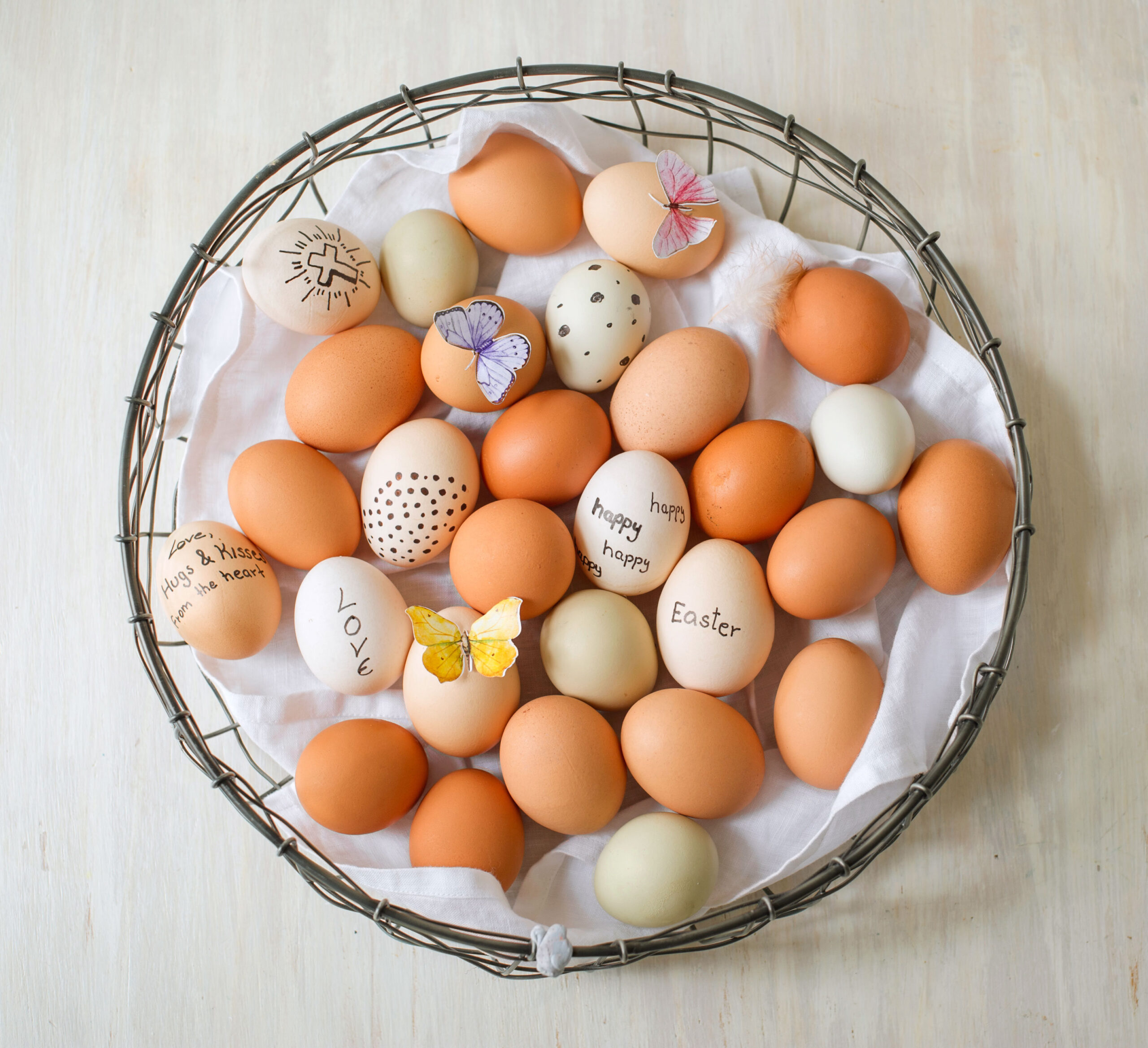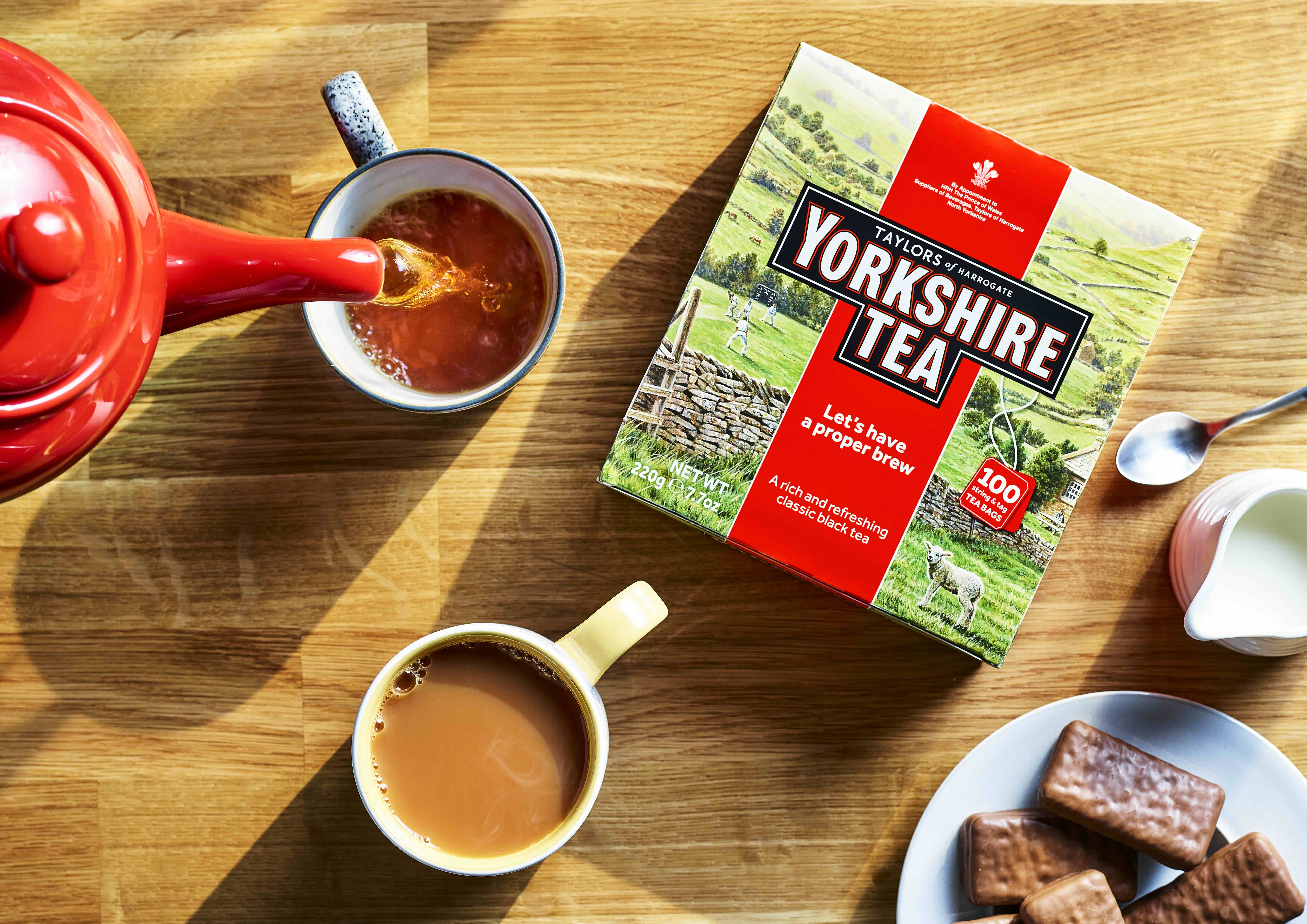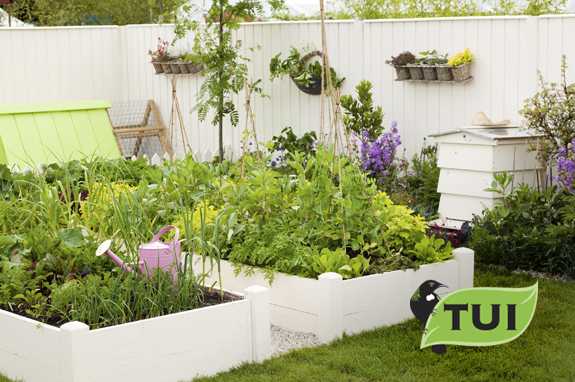As Bette David once put it – old age is no place for sissies. Good’s Jai Breitnauer contemplates what it means to be older these days
Words Jai Breitnauer

1. There are more of us
New Zealand is getting older, with 13 percent of the population over 65, while the number of under-15s has declined to just 21 percent. It’s estimated that by the late 2020s the old will outnumber the young. This is in part because we’re all living longer – according to the Global AgeWatch Index, on average a woman who is 60 today can expect to live until she is 82, while a UK government study suggests that one in two children born there after 2007 will live to be 103. It’s also because of a drop in fertility rates; we’re having fewer children at an older age. This is a global issue. In 2013, Monaco had the largest percentage of older people: 28.7 percent were aged over 65. Japan comes second with 24.8 percent over 65 – plus the world’s lowest birth rate. New Zealand is number 50 on the list, and the seventh-best place to live when you are old, according to the Global AgeWatch Index. By 2035, a staggering one-in-every-five people will be over 65. Considering a large older population will put the squeeze on the next generation, there’s a real need to plan for the future now.

2. We’re getting fatter
The impact of a modern diet and sedentary lifestyle on our collective girth is well-documented. We all know about white fat (thanks to poor diet and lack of exercise), but several studies since 2009 have looked at ‘brown fat’ – a good fat that boosts our metabolism and helps keep us warm. In 2013, Japanese scientists discovered adults retain some brown fat from infanthood, but by middle age that fat stops working as effectively, which slows our metabolism and contributes to weight gain. According to health brand Blackmores, more than a third of Kiwi adults aged 55–64 are obese. This can contribute to problems such as stress and mood changes, increased risk of heart disease, type 2 diabetes and vitamin deficiencies. More reason to stay active and eat plenty of veggies and wholefoods. See page page 16 for tips on upping your incidental exercise.’

3…. and our eyes are failing
Presbyopia is the official term for age-related long-sightedness, a normal part of the ageing process. We all begin to find it difficult to focus on close objects around 40 years of age, and most people need glasses by the time they reach 50. Other eyesight problems also become more common around this time, so don’t ignore poor sight: get it checked out by a professional.
Macular degeneration is a particularly pressing problem affecting one in seven people over 50. It’s an age-related disease that gradually destroys sharp central vision, progressing so slowly and painlessly that many don’t notice until it is too late. The good news is that macular degeneration can be easily treated if caught early. You can take a simple indicative test at www.mdnz.org.nz

4. But we’ll be happier …
Between 1972 and 2004, the University of Chicago interviewed 28,000 people aged between 18 and 88, concluding that older people were happier. The study’s author, sociologist Yang Yang, said this was because older people are more accepting. Meanwhile, a Cornell University study showed that mid-life was the unhappiest time, as everyone seems to want you to do something, making people feel a bit hassled. A report published last year in the Journal of Consumer Research found that older people value more day-to-day experiences, such as seeing friends or walking around their local park, than the extraordinary, ever-new experiences we crave in our youth. This is in part because older people have figured out who they are, and take joy in the things that affirm their sense of self.
5. More intelligent
Contrary to popular wisdom, recent scans of older brains show we reach our cognitive peak between the ages of 40 and 69. Our ability to recognise patterns and solve problems comes from the neuron connections we’ve built up over the years. An older brain, with more connections, is more swiftly able to evaluate a situation and make a good decision. A three-year longitudinal study into pilot age and expertise, published in Neurology in 2007, tested pilots aged 40–69 on flight simulators. Researchers found that while memorisation and perceptual speed had both declined, the overall performance of older pilots was better than their younger colleagues who made hasty, poor decisions and suffered more collisions as a result. Other studies have shown through neuroimaging that older adults use more of their brains than younger adults, and that brain activity is more bilateral (across both hemispheres), whereas it’s unilateral in younger people. This seems to be a strategy the brain uses to boost performance.
Older people have figured out who they are, and take joy in the things that affirm their sense of self.
6. Maybe, more beautiful
A report by the American Society of Plastic Surgeons states that in 2012, Americans spent US$10.1 billion on cosmetic procedures, with the second-largest age group being the over-55s. This older group were collectively responsible for 1.2 million botox injections, half a million fillers, 74,000 facelifts and 23,000 hair transplants. An article from August 2014 in The Fiscal Times suggests the trend was spurred on by the recession and the resulting difficulties applicants aged 50-plus had in the job market. After studying more than 387 pairs of twins over seven years, a 2009 Danish study reported that older-looking people die first. But before you book your Balinese cosmetic holiday, you need to know this had more to do with cell longevity than actual appearance – something going under the knife cannot alter.
7… and with more friends
A University of Chicago study found that 75 percent of people aged 57 to 85 engaged in a social activity once or more each week, with those in their 80s twice as likely to socialise than those in their 50s. Researcher Benjamin Cornwell interviewed 3,005 people between 2005 and 2006, and found we need to broaden our idea of what social engagement is to understand how older people interact. While they might not be dancing the night away at the newest nightspot, involvement in community groups, church and volunteering all provided the older generation with the same sense of engagement younger adults get from going to a bar.





